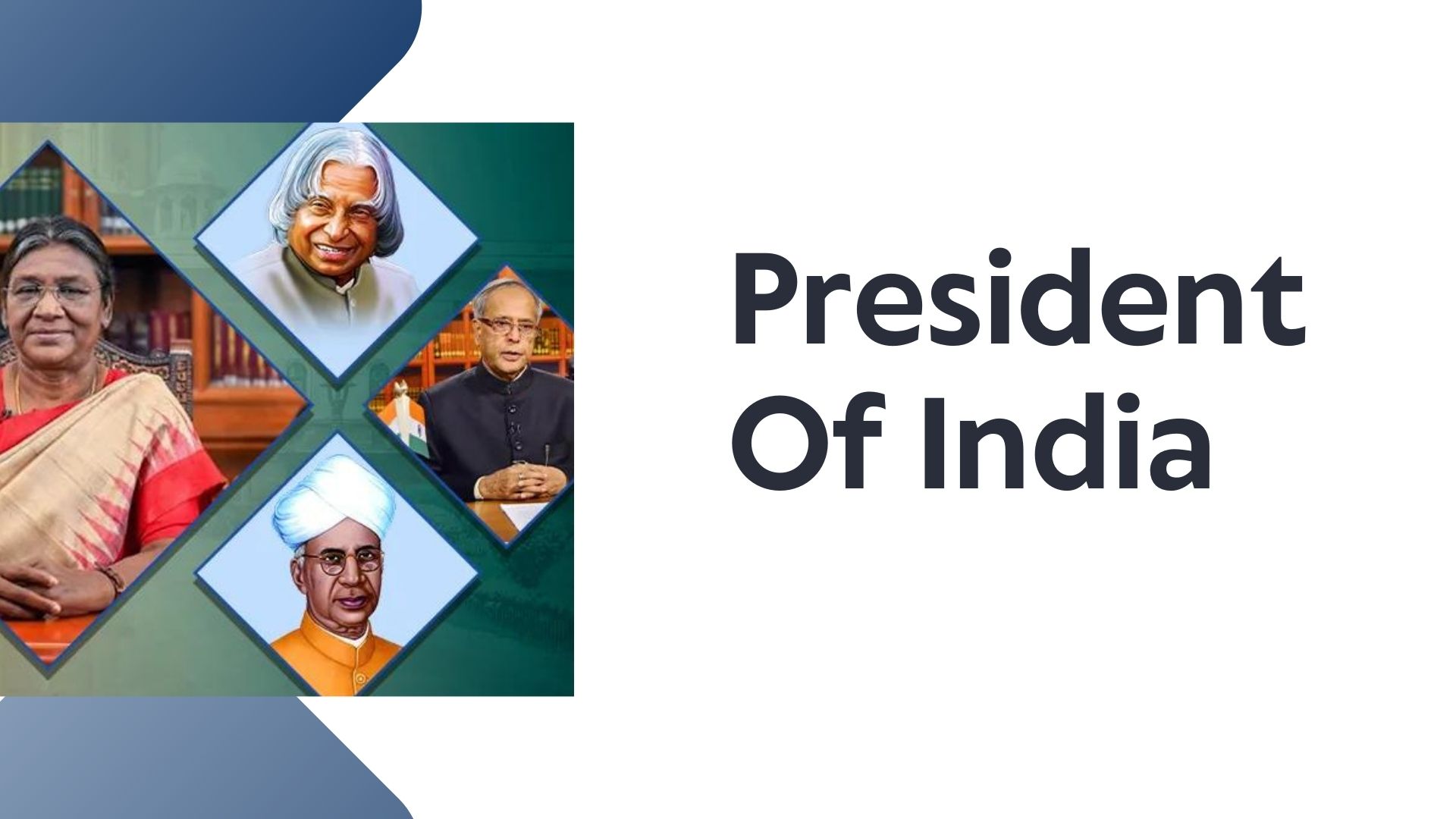In recent years, using Unified Payments Interface (UPI) and digital wallets has become really common. Companies like Paytm, PhonePe, and Amazon have made it so easy. But there’s one problem: you can only use the money in your wallet through their website or app. Users have complained about this a lot.
To address this issue, the Reserve Bank of India (RBI) has proposed allowing the linking of PPIs with third-party UPI applications.
What are Prepaid Payment Instruments (PPIs)?
Prepaid payment instruments or PPIs are instruments that can be used to make payments against the monetary value stored in them. These can be wallets or cards, which users can load with a certain amount and use for making payments through UPI or online transactions.
PPIs operate independently of a user’s bank account, and when a payment is made using a PPI, the money is deducted from the associated prepaid account. Until now, wallets could only be used to make UPI payments by using applications provided by the same PPI issuer.
RBI’s New Rule for Linking PPIs with Third-Party UPI
On April 5, 2024, RBI governor Shaktikanta Das announced a new rule permitting the linking of PPIs through third-party UPI applications. This will enable PPI holders to make UPI payments like bank account holders, providing more flexibility to PPI users.
Impact on UPI Users
The new RBI rule will bring about significant changes for UPI users. Customers will be able to use any of their UPI apps to access any of their wallets, even if the wallet and the UPI app belong to different companies. This means that PPI wallet holders will no longer be completely dependent on the issuer of the PPI wallet.
Customers can now use their wallet balance seamlessly on other UPI-enabled apps, expanding its utility beyond the wallet’s platform. For example, if a user has a PhonePe Wallet with an outstanding balance, they can access the balance through any other third-party UPI app, not just the PhonePe app. Money kept in wallets like PhonePe, Amazon Pay, and Paytm can be accessed through any third-party UPI application.





